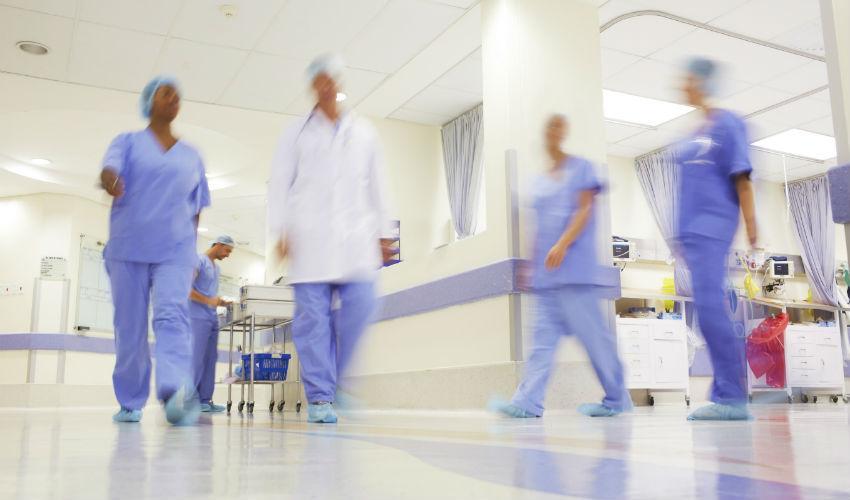
Big Data Analysis Measures Healthcare Performance throughout Europe
BOCCONI'S CERGAS IS PART OF AN INTERNATIONAL CONSORTIUM THAT MONITORED SURVIVAL RATES OF PATIENTS HOSPITALIZED FOR THREE COMMON CONDITIONS. ITALIAN PERFORMANCE TURNS OUT TO BE GOODBig data has the potential to change the way health care performance is measured and monitored; it is thus possible to influence health care resource allocation and policies in an effort to improve patient outcomes and overall health care system quality. Bocconi University’ CERGAS (Centre for Research on Health and Social Care Management) and other 5 leading research centres in Europe have completed a study on six European nations using health care-related administrative databases to measure health outcomes for nearly 1.6 million patients hospitalized for three major medical conditions between 2006 and 2014.
Patient pathways were followed for Acute myocardial infarction (AMI), ischaemic stroke and hip fracture from the first day of in hospital for 365 days, measuring the characteristics of initial hospitalization, transfers between hospitals, subsequent ambulatory care, medication use, and additional hospitalizations. The main outcome was one year mortality.
Acute myocardial infarction (AMI), ischaemic stroke and hip fracture are conditions that affect the lives of a considerable number of people across Europe, and health care systems’ ability to treat these patients could be improved. “On a national level, countries differ from each other and good performance for one condition does not mean that the country is also performing well for another condition”, says study leader Professor Unto Häkkinen, of the National Institute for Health and Welfare in Finland.
Within countries, there is vast regional level variation in the outcomes of care for the three analysed conditions. These national and regional differences in performance have persisted over time. Each country or region taking part in the study, i.e. Denmark, Finland, Hungary, Friuli-Venezia Giulia in Italy, Norway and Sweden, has the potential to use big data to identify areas where performance in their health care system can be improved both in terms of quality of care and use of resources.
EuroHOPE (European Health Care Outcomes, Performance, and Efficiency) is the first study to extensively compare, over several years, what happens to patients in different countries within a one-year follow-up period after the onset of the disease. The study used data for all new episodes in the five countries and the autonomous region of Friuli Venezia Giulia in Italy between 2006 and 2014.
Italy performs very well in this comparison, as other international reports confirm. “For these conditions”, says Giovanni Fattore, who led the CERGAS research group, which includes Helen Banks, “Italy is at the level of the Nordic countries that have universal, expensive and strongly egalitarian health care systems. The problem with our healthcare system”, adds Fattore, “is not with amenable mortality (mortality that can be managed with excellent healthcare services for acute conditions), but with emerging risk factors that are affecting the new generations and result from the long stagnation of the Italian economy”.
by Ezio Renda
